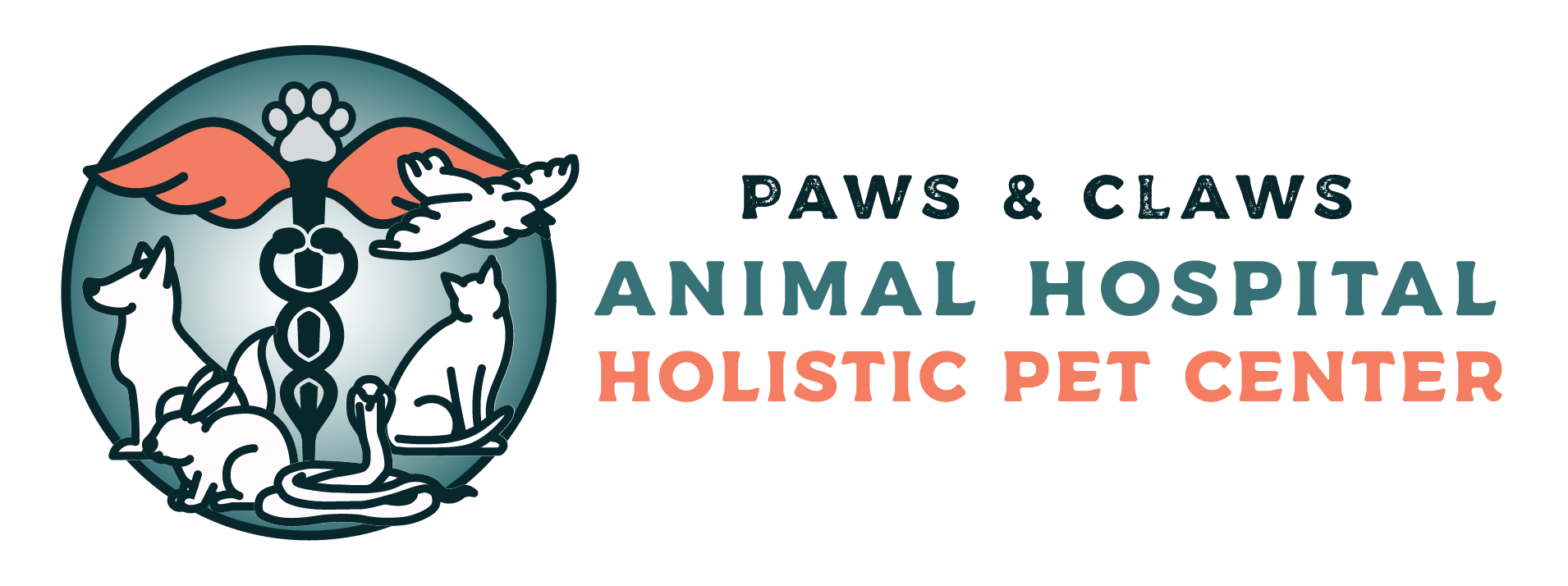Read the following as Dr. Shawn weighs out your options!
Keep in mind, both a spay (ovariohysterectomy) and an ovary sparing spay render the dog incapable of breeding. The ovariohysterectomy removes the uterus, cervix and both ovaries. An ovary sparing spay is where one or both ovaries are left in the abdomen, near the kidneys, but the uterus and cervix are removed.
Traditional spays are normally done following the pet’s final visit at around 4 months of age. The traditional spay is done prior to the pet coming into heat, which will almost totally eliminate the chance of the pet developing breast cancer. While we have many decades of information to support the fact that pets that receive a traditional spay prior to their first heat rarely develop breast cancer, there are some small recent studies showing that a traditional spay done before two years of age can increase the chance of other diseases including bone cancer, thyroid disease, adrenal disease, and joint problems. For this reason, some pet parents choose to do an ovary sparing spay. While an ovary sparing spay can be done at any age, if this choice is made we recommend doing it as early as possible in order to reduce cost and because the surgery is easier on the surgeon and pet if the reproductive tract is in an immature state. Because of the technical difficulty completing an ovary sparing spay, the cost is significantly increased for this surgery and is done at our hospital by a member of our surgical team trained in this special surgery.
Regardless of which type of spay is chosen, keep in mind that the risk of developing some diseases may be increased or decreased. There is no one choice which reduces the risk of every disease. Additionally, pet parents who follow our preventative/ wellness recommendations are unlikely to have their pets develop many of the diseases that an ovary sparing spay may prevent. By reducing the use of unnecessary vaccines, drugs, chemicals; by feeding a natural holistic diet; and by using appropriate supplements for the pet’s age and health status, most diseases regularly seen by traditional veterinarians are very rare in our holistic functional medicine practice.
Please feel free to express your concerns on spaying and other health care issues with Dr. Shawn so you can make the decision that best suits your pet.
